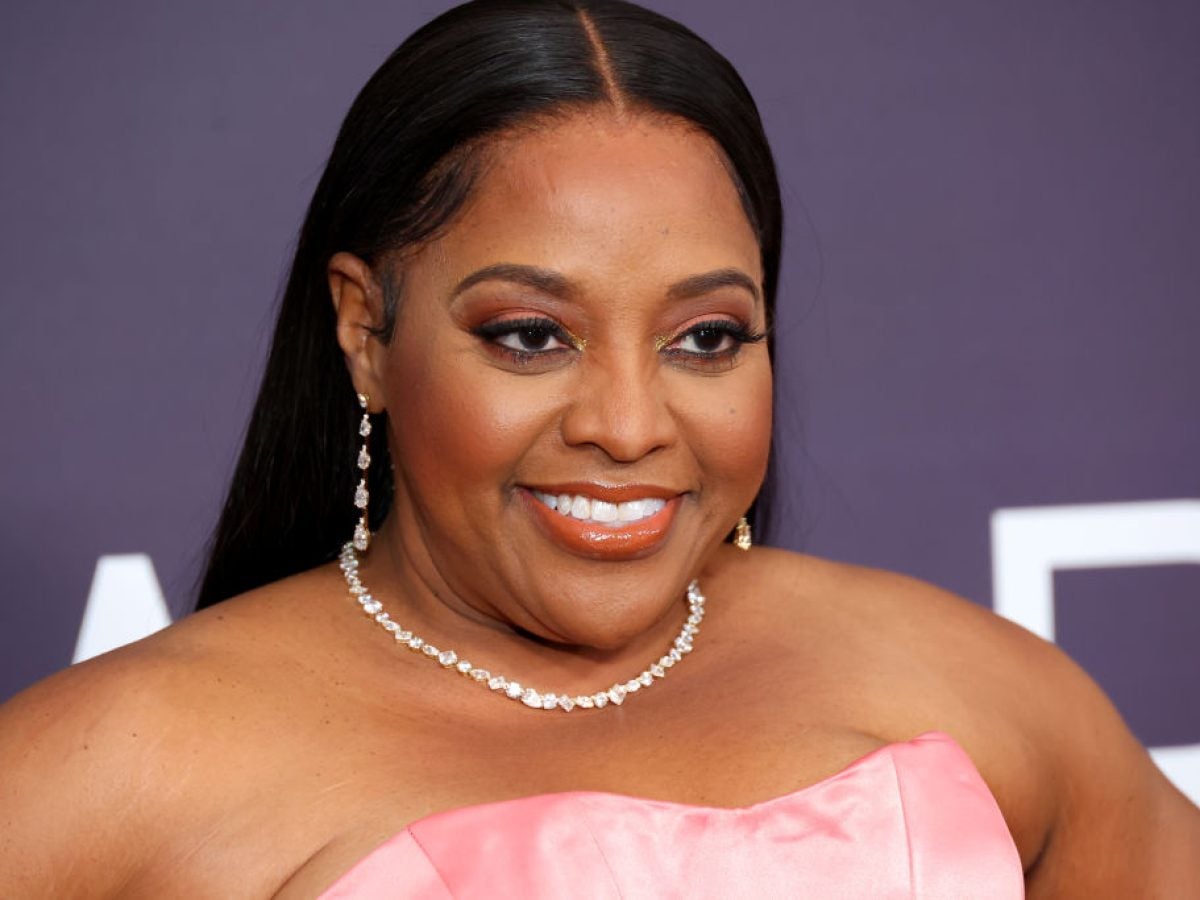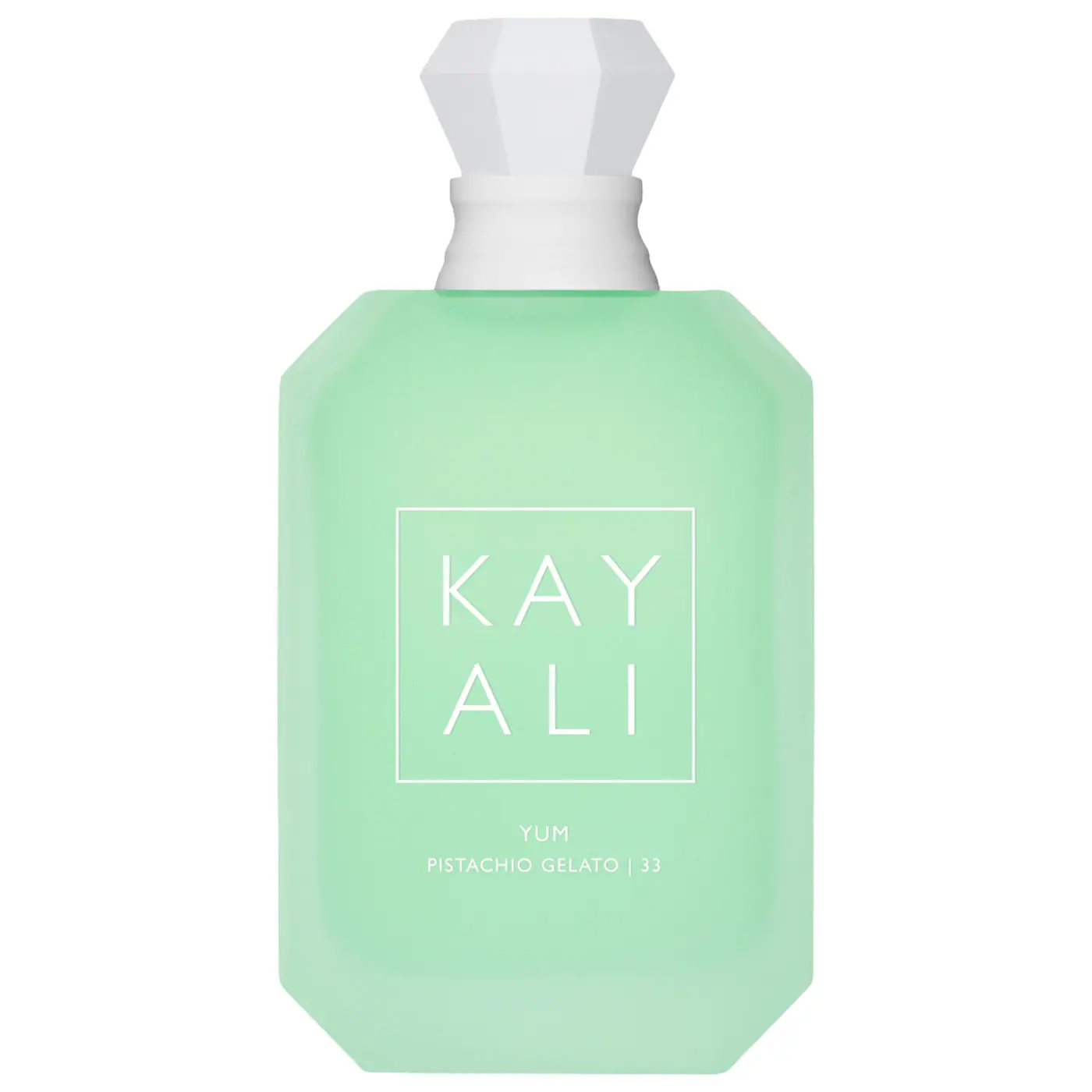
Before Sherri Shepherd gained mainstream acclaim as co-host on The View, she made us laugh as Sheila on The Jamie Foxx Show and in films like Queen Latifah’s 2005 cult classic Beauty Shop. The real-day ones know her from her early days in stand-up, where the Chicago-bred comedian earned her chops.
Shepherd has been “Black famous” for decades. We’ve cheered her on in every cameo and guest-starring role, from Everybody Loves Raymond to 30 Rock. Today, the four-time Emmy-nominated and NAACP Award-winning host leads her own daytime talk show, Sherri. Since its premiere in 2022, the show has garnered loyal viewership, critical acclaim, and a recent third-season renewal. To say we’re proud of our sis is an understatement.
Still, in Hollywood, as in the hoods of corporate America, success and proven viability do not always translate to equal pay. It’s a lesson Shepherd learned in a transparent conversation with a predecessor at The View: “Had Rosie O’Donnell not told me what she was making and what I should ask for, the salary that I would have gotten would have been so low. Because I didn’t know what I didn’t know,” she recalled. Without this kind of transparency, women often lack the confidence and information to ask for what they’re worth. Shepherd’s experience underscores the universal challenge of pay equity across industries.
In 2022, Black women earned only 70 cents for every dollar earned by white men; the ratio for white women was 83%. The pay gap for Black women is not only wider than the overall gender wage gap, but it is also closing more slowly. Lack of transparency allows discriminatory pay practices to persist unchecked. When salaries are kept secret, it is easier for employers to underpay women and minorities compared to their peers doing similar work.
“What I’ve seen time and time again in this business is that they put the fear of God into women. They say, if you let somebody else know what you’re making, we’re not going to offer it to you. So you don’t know that you have leverage,” Shepherd explained. It’s a dynamic she disrupts every chance she gets: “I told Loni Love on The Real [what I made on daytime TV]. I shared it with Sheryl Underwood at The Talk and Sunny Hostin when she started on The View because Rosie O’Donnell did it for me.”
I caught up with the comedic actress and award-winning host at the BLACK ENTERPRISE Women of Power Summit, where she served as a moderator. Shepherd offered critical insights on how support, solidarity, and allyship among women can help break down barriers and advance collective goals in achieving gender and racial equity, particularly in professional settings. Her insights offer guidance for everyday women in corporate America on how allyship can help lift each other to more equal pay.
Empowering Equity: The Impact of Allyship, Support, and Solidarity
Evidence suggests that cultures of salary transparency can help balance the scales of pay equity. According to a study from the Institute for Women’s Policy Research, companies with clear and open pay policies experience less gender salary disparity.
Even without formal corporate policies, women can make significant strides toward gender and racial pay equity by forming supportive alliances and openly sharing salary information. “It’s so important that if somebody is doing the same thing we’re doing, we share our salary,” Shepherd advocates. However, transparency is hindered where fear and scarcity mindsets prevail. “We can’t be insecure about what’s coming to us,” she says. “I don’t operate that way because what God has for me is for me.”
While the active participation of men is crucial for closing the overall gender pay gap, transparency, and mutual support among women can specifically help close racial pay disparities. Rosie O’Donnell’s allyship with Sherri Shepherd is a prime example: by sharing her salary details, O’Donnell empowered Shepherd to negotiate a fairer wage for herself.
Vertical Influence: Leveraging Status for Collective Advocacy
Allyships between women across racial lines are powerful, and Black women advocating for one another across different status levels can also offer a distinct advantage. It’s a lesson Sherri Shepherd learned through experience: “I did a pilot with Viola Davis, who I love so much. I entered negotiations confidently, but they offered me such a low number——which I’m not even mad about; it’s the starting point. That’s why I always urge people not to accept the first offer. In this case, it was unacceptably low. I said to myself, ‘You know what? I value myself more,’ so I countered with an extremely high number. When I presented it, Viola Davis advocated for me, saying, ‘Give Sherry what she’s asking for. She deserves it.'” That’s the power of sisterhood and self-advocacy.







Women often face societal pressures and historical biases that diminish their worth in professional settings. However, understanding industry norms and leveraging influence and status to lift others is crucial in fostering collective strength to challenge systemic inequalities and promote fair compensation practices.
As Sherri Shepherd’s star continues to rise, the lessons she imparts extend beyond Hollywood; they resonate deeply within corporate America. Embracing sisterhood and allyship enables women of all backgrounds to advance toward more equitable pay. Shepherd’s circle of influence underscores the transformative power of solidarity in fostering advancement for all women.






